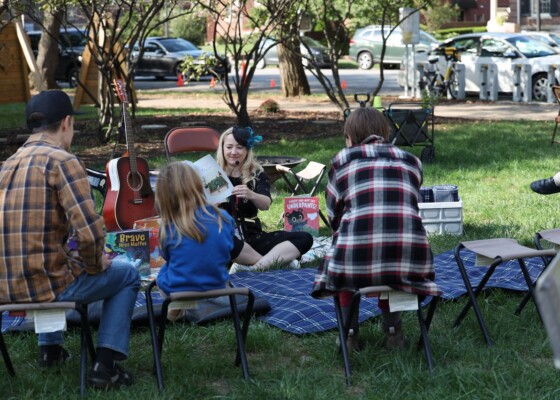In Memoriam – Night
June 23, 2010I knew that Night by Elie Wiesel had to be on my list of Books I Should Have Read Before Now, but still I was reluctant to pick it up. While…
I knew that Night by Elie Wiesel had to be on my list of Books I Should Have Read Before Now, but still I was reluctant to pick it up. While it is vitally important for everyone to know about the Holocaust, what more is there to learn, one might ask, once you know what happened, once you have seen the photos and viewed the documentaries?
The answer, and the power of Wiesel’s testimony, lies in his description of both the individual experience and the community experience of the Holocaust. A Jewish teenager from Transylvania who knew the horrors of both Auschwitz and Buchenwald, Wiesel vividly recounts his own thoughts and feelings while also observing the people who were with him. From the initial denial of the Jewish adults in the town of Sighet to their attempt to keep their faith alive to their tragic fate as the war winds down, Wiesel sees and is deeply affected by it all. In the midst of this massive breakdown of civilized society, the victims themselves struggle to maintain their humanity and their faith. As Elie writes: “I did not deny God’s existence, but I doubted his absolute justice.”
An undeniable masterpiece, what the book omits is insight into the underlying causes of this terrible situation. Like the fifteen-year-old boy he once was, Elie can only attribute what is happening to him to sheer evil. True enough, but what makes an entire society lose its mind to this extent? Winner of the Nobel Peace Prize in 1986, Wiesel went on to write many more books, a long journey from this initial memoir, published in the 1950s.
For a number of years, the Indiana Humanities Council has helped to support the Greater Lafayette Holocaust Remembrance Conference, which takes place in April. The featured speakers at this event have indeed continued to offer insights into the Holocaust. This year the theme was “Complicity: Our Role in Genocide.” Richard Breitman, a historian from American University, spoke on “Roosevelt Before and During the Holocaust.” In 2009 the theme was “Resisters, Rescuers, Refugees,” and Peter Fritzsche of the University of Illinois gave a presentation about how Germans themselves viewed the Third Reich and the Holocaust, asking why there was so little resistance to Hitler’s regime.
Both the personal narratives, like Wiesel’s, and the probing questions of the Lafayette conference must be part of our remembrance if future Holocausts are to be resisted or, better yet, prevented.


